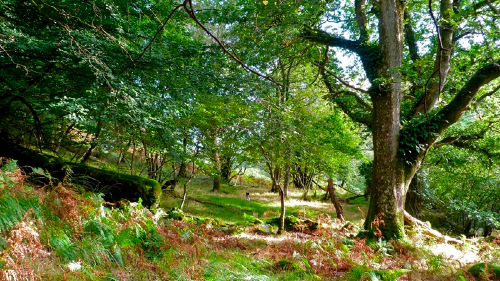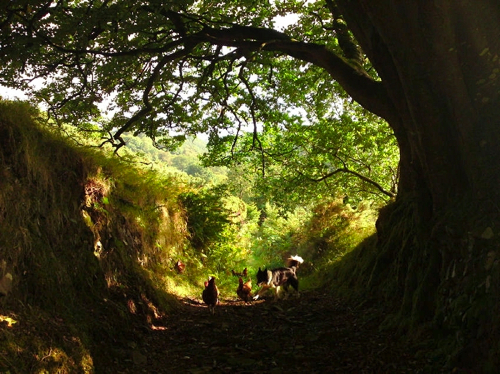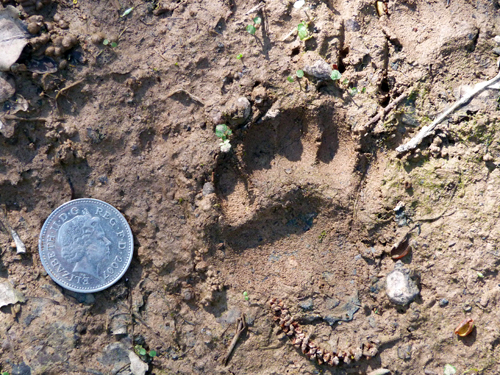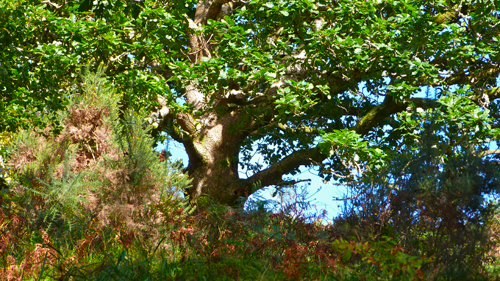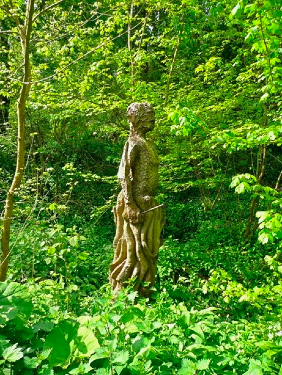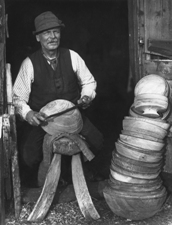Woodlands and forests are not isolated parcels of land to be covered in cling film in perpetuity: just to satiate the (sometimes over zealous) thirst of conservationists who seem to forget that these areas have living, breathing, working communities who will be in the front line of any changes to the management of their woods and forests. Recreational pursuits by holidaymakers, weekenders and day-trippers as well as local residents, should have a stake in this management but I see no representation of these stakeholders on the Independent Panel (IP). Yes, thankfully, they have Tom Franklin, CEO Ramblers Association who will do a sterling job in bringing the views of walkers and the importance of access to the table.
The remaining panel membership is, in my view, overpopulated with commercial interests and could be perceived as incestuous by the fact that three of these stakeholders are also members of the “Forestry Regulation Task Force” and the “Woodland Carbon Task Force” which inter-relate to the remit of the Independent Panel. See item 2: Terms of Reference – Minutes of first meeting. I believe that the influential powers of these stakeholders on all 3 committees will bring about a distorted relationship and some serious conflicts of interests. Does this make the panel ‘independent’?
The newly formed “Forest Access User Group” is a great combination of 9 outdoor enthusiast organisations that are lobbying the IP to ensure ‘access is at the heart’ of its discussions, and I support them 100 percent. Regrettably, without ALL of these organisations having a seat at the table, will we really know if the IP aren’t just paying lip service to their concerns? Surely having these groups on the IP would go some way towards redressing the balance and would demonstrate transparency and openness?
But I have digressed from the point: what about residents and local businesses? I can only speak from experience of living and working in the New Forest but am sure there are thousands of residents living in and around woodlands elsewhere who feel the same frustration of not being heard. However, there are fundamental differences: (1) we are the largest area of ‘heritage forest’ under threat (27,613 Ha) (2) just under half of this area is governed by the National Park Authority (NPA) (3) we cannot vote for the NPA members but do have a right to vote for the other Local Authorities within the New Forest.
Now, before anyone jumps to the wrong conclusion and bays for my blood, I must stress that I am not against National Parks, they are national treasures and should remain so. National Parks are protected through legislation and the governing body (NPA) have statutory duties to (a) conserve and enhance the natural beauty, wildlife and cultural heritage of the Park (b) promote opportunities for understanding and enjoyment of its special qualities. In addition the NPA has a duty to foster the social and economic well-being of local communities within the Park. What I do object to is having an unelected local authority using their powers to influence government (and Defra in particular) on issues that affect residents and local businesses without firstly consulting them!
The New Forest NPA has had a problematic history in not connecting with the communities inside its boundaries and our group has been keen to ensure the authority acts in an open and transparent way – because when such controversial proposals as the sale or lease of Forestry Commission land is mooted by government, the NPA will be amongst the first bodies to be consulted. If the authority doesn’t connect with the communities, it cannot give a balanced view.
Currently, NPAs have been stunned by having to make budget cuts; and shaken by the possibility of becoming accountable to residents through a Defra Governance Review which is due to report at the end of this month. The Public Bodies Bill has within it a mechanism to change the constitution of these authorities and bring them into line with other local authorities.
The NFNPA held their cards close to their chest this week when Defra Minister, Richard Benyon MP paid them a visit in Lyndhurst – so close in fact that their press release was not published until the day after the event! One could have forgiven the secrecy had the NPA seen it as a golden opportunity to open up debate on Forestry Commission matters with the Minister and a wider audience. Alas, it was the usual NPA ‘allies’ who had the golden invitation to meet Mr Benyon. The sceptical amongst us may think this was a self-preservation exercise to attract brownie points – the more benevolent resident may reasonably assume that the Forestry Panel would not consider feedback from this visit as ‘evidence gathering’ – but can we be certain?
Yes, the New Forest NPA has a lot to be getting on with but that should not detract from their responsibility to ensure the best outcome for residents and businesses as well as for conservation. We are not covered by the CROW Act and there is no evidence in the public domain to reassure us that the NPA are making representations to ensure our access rights under the Law of Property Act 1925 are protected. The Forestry Commission has dedicated as access land all the woodland areas that it manages which do not have access rights under the Law of Property Act 1925 – who will protect our access rights under any new forestry management?
Sue Baillie
ONE VOICE, New Forest













